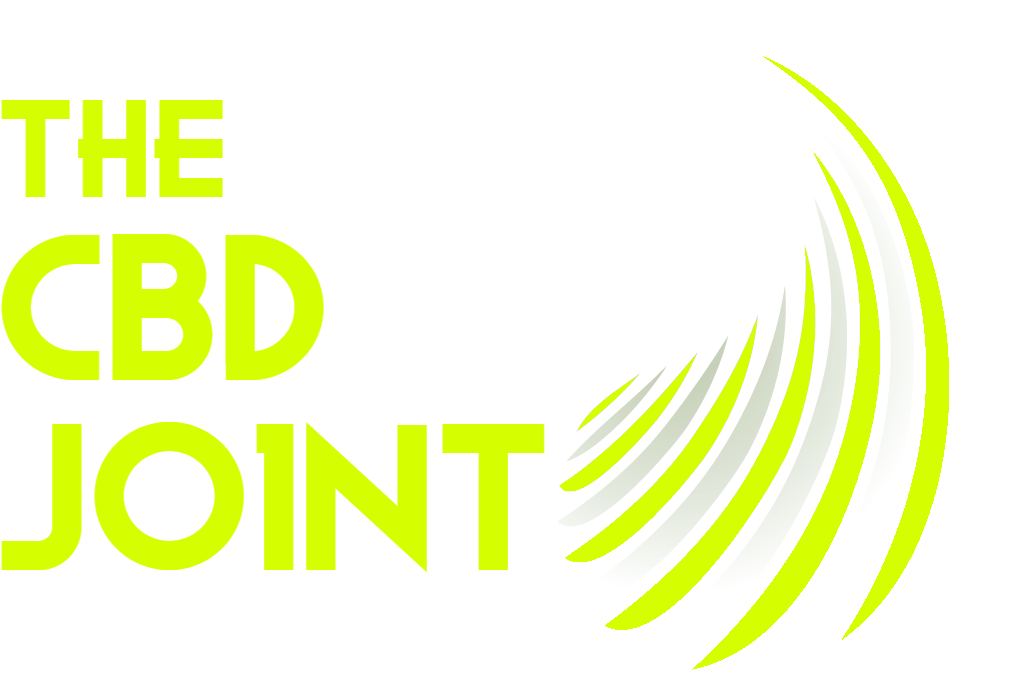Hemp has a wide range of uses, thanks to its strong fibers and nutritional properties. Here are some of the most common uses for hemp:
-
Industrial use: Hemp fibers are incredibly strong and durable, making them ideal for a wide range of industrial products. Hemp fibers can be used to make textiles and clothing, such as jeans, t-shirts, and jackets. Hemp is also used to make rope, twine, and cordage for industrial applications. Additionally, hemp fibers can be used to make paper products, including stationary, packaging materials, and even currency. Hemp fibers can also be used as insulation in buildings, and hempcrete (a mixture of hemp fibers and lime) is gaining popularity as a sustainable building material.
-
Food and supplements: Hemp seeds are rich in protein, essential fatty acids (EFAs), and other nutrients, making them a popular ingredient in a variety of foods and dietary supplements. Hemp seeds can be eaten raw or roasted, and are often used in granolas, protein bars, and other snack foods. Hemp seed oil, which is extracted from the seeds, is also used in cooking and as a salad dressing. Hemp-derived CBD (Cannabidiol) is also increasingly popular as a dietary supplement and potential therapeutic agent.
-
Body care products: Hemp oil and extracts are known for their moisturizing and soothing properties, and are used in a variety of body care products, such as lotions, soaps, and shampoos. Hemp oil is rich in EFAs, which help to nourish and protect the skin, and also contains antioxidants that help to fight free radicals that can damage the skin.
-
Pet food and supplements: Hemp seeds and extracts are also used in pet food and supplements, thanks to their nutritional properties and potential health benefits for pets. Hemp seeds are a rich source of protein and essential fatty acids, which can help to support a pet’s overall health and well-being. Hemp-derived CBD is also being studied for its potential therapeutic benefits for pets, including for pain relief and anxiety reduction.
-
CBD products: Hemp-derived CBD (Cannabidiol) is becoming increasingly popular as a dietary supplement and potential therapeutic agent. CBD is believed to have a range of potential uses, including as an anti-inflammatory, analgesic, anxiolytic, and neuroprotective agent. CBD is available in a variety of products, including oils, tinctures, capsules, topicals, and edibles, and is legal in many countries, including the United States (where it must contain less than 0.3% THC).
Overall, hemp is a versatile and sustainable crop with a wide range of potential uses, and research into new uses for hemp is ongoing.
